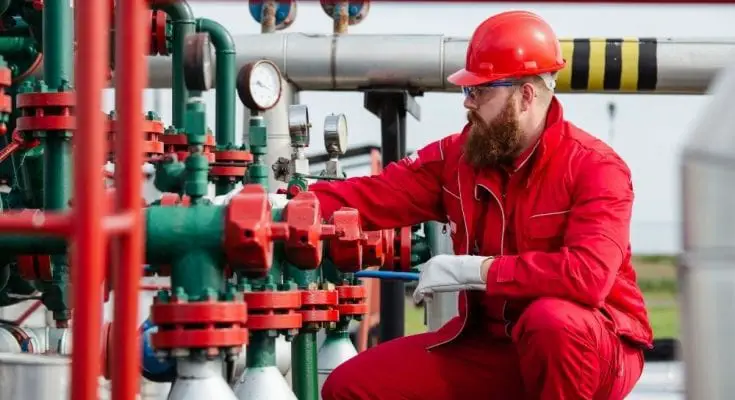When you make your living by working near flammable substances, safety is an integral part of the job. Not only do you need to be on the lookout for equipment hazards while on these job sites, but you need to be cognizant of the land itself, as it is often dangerous and requires careful maneuvering. As such, it’s vital that you’re always going the extra mile to protect yourself and your coworkers from the risks involved with the job. These are some effective worker safety tips in the oil and gas industry to keep in mind as you clock in for the day.
Be Aware of Your Surroundings at All Times
Whether it be an oil well or a sudden dip in the terrain, dangers can present themselves with little warning on these types of job sites. Because of this, it’s highly recommended that you do what you can to stay alert and aware of everything around you. One way to do this is by becoming familiar with the area prior to beginning your work. The more you know about a given space, the easier it is to pinpoint specific hazards and avoid them.
Adopt Clear Communication Strategies
It’s also crucial that you practice clear communication techniques with your team and supervisors. Being able to effectively convey ideas promotes a stronger understanding of certain concepts across the entire workplace. This is great for making people aware of certain problems and the potential dangers that can go along with them.
Keep Up With Equipment Maintenance
Another important worker safety tip in the oil and gas industry is to keep up with regular equipment maintenance. Malfunctioning equipment also poses a potentially severe risk to team health. For this reason, it’s key that you work to prevent this by performing regular tune-ups, fixing any damaged components, and replacing any faulty parts.
Be Prepared for the Worst
But above all, you must be prepared in case something does go wrong. While we want to do our best to prevent accidents in the workplace, there are times where that’s incredibly difficult to do. As such, it’s key that you know what to do in the event you become injured and what steps to follow in claiming worker’s compensation or even filing a lawsuit if it comes to it.


